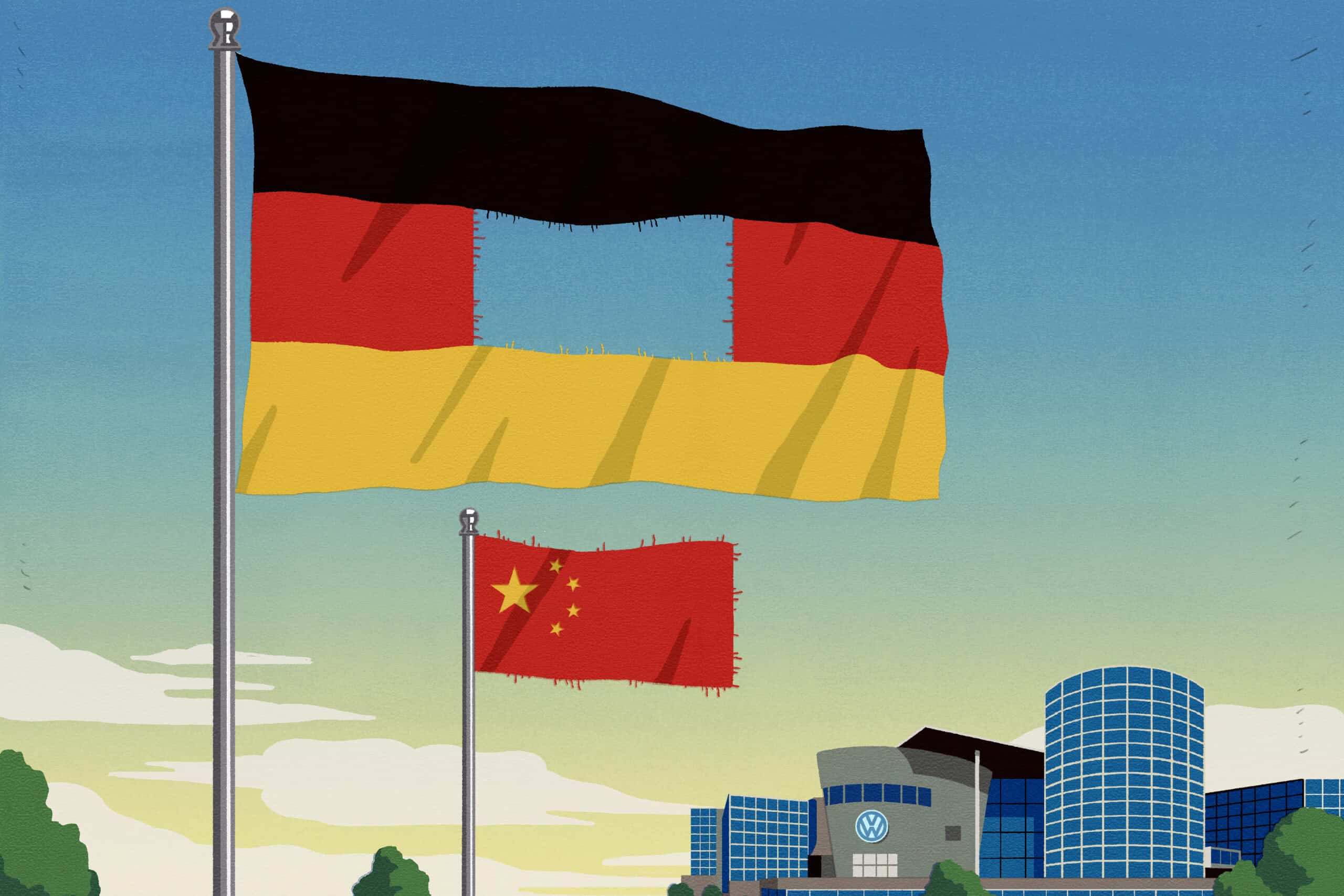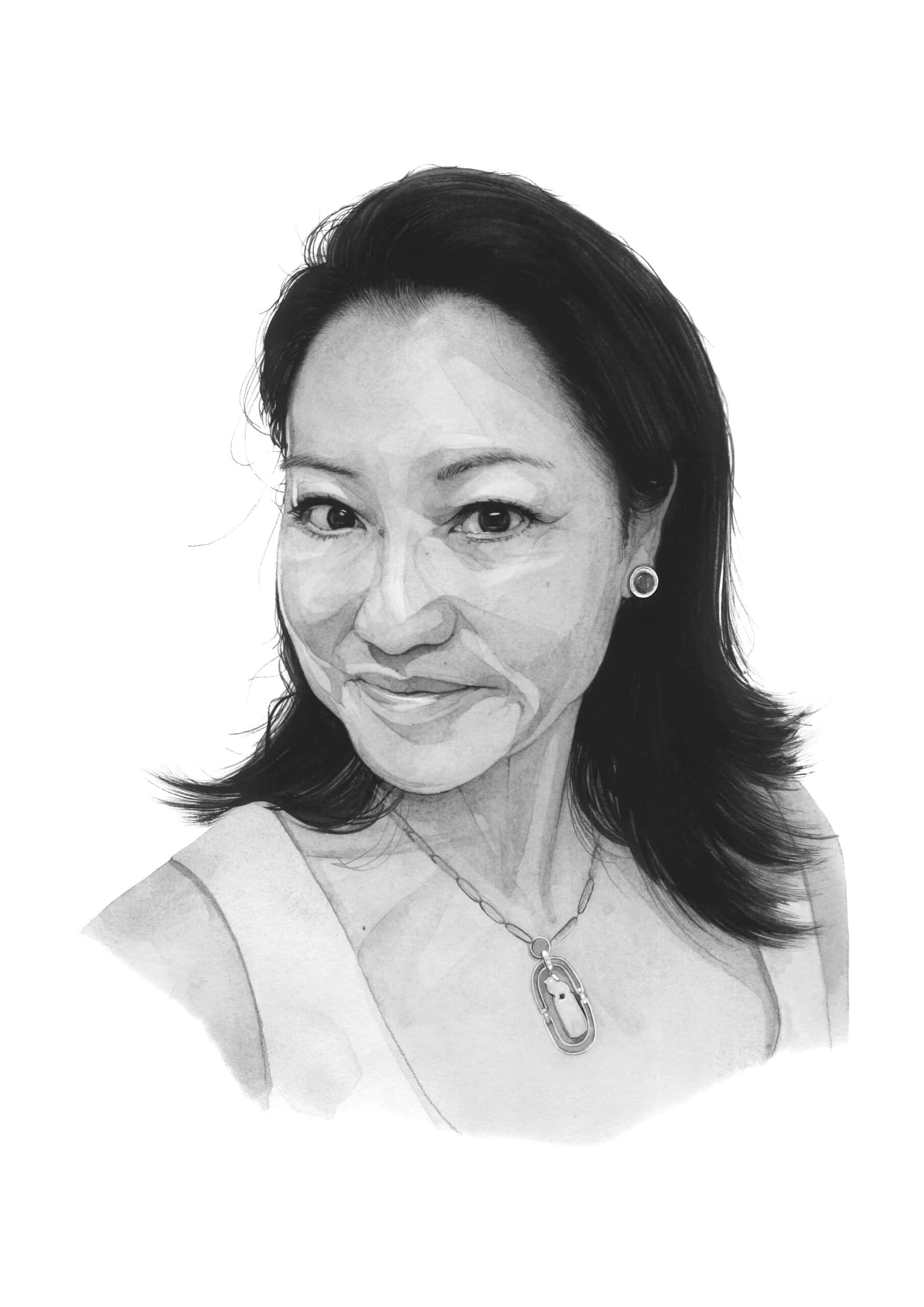Good evening. Why did China’s Ministry of Education target an industry — private tutoring — that tries to improve Chinese education? That’s the question this week’s cover story on New Oriental’s Yu Minhong sets out to answer. Elsewhere, we have infographics on Chinese tycoon Xiang Guangda’s nickel empire; an interview with Isaac Stone Fish about self-censorship and engagement with China; a reported article on CIPS, China’s alternative to SWIFT; and an op-ed from Richard Bernstein on why China can’t handle the truth about Ukraine. If you’re not already a paid subscriber to The Wire, please sign up here.
Want this emailed directly to your inbox? Sign up to receive our free newsletter.
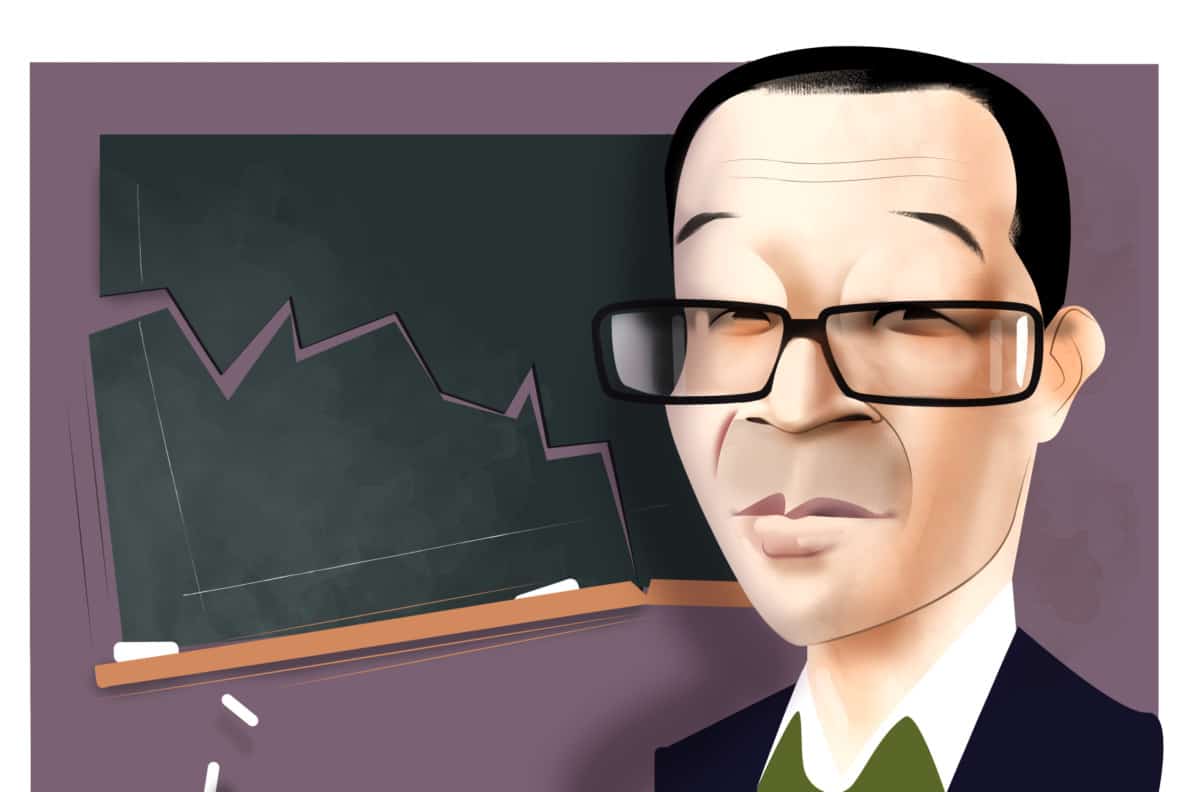
Hard Knocks
Last summer, when Beijing effectively banned private tutoring companies, an entire industry was wiped out in a single day. Yu Minhong, the CEO of New Oriental and a former model entrepreneur in China, saw his company’s market value fall 90 percent. While Beijing blamed the industry for getting out of hand, Brent Crane reports that officials also hoped the ban would clear the blackboard on some of the biggest societal ills weighing down China. But, as a veteran educator like Yu knows well, simple solutions don’t always solve complex problems.
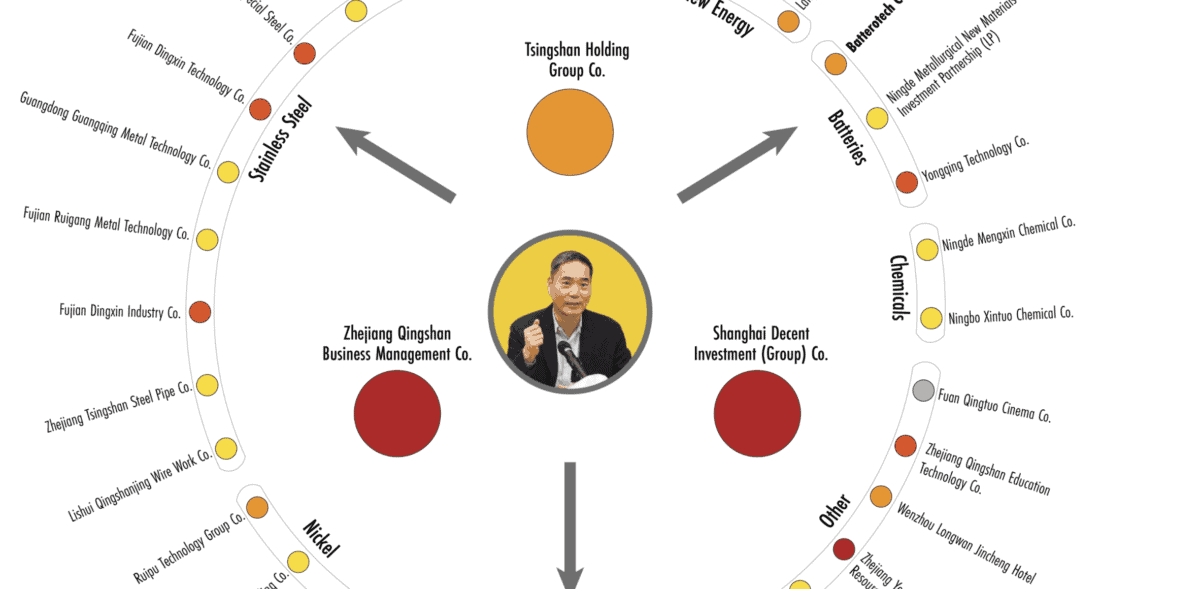
The Big Picture: The Nickel Empire
Last week, when the price of nickel on the London Metals Exchange ballooned, Chinese tycoon Xiang Guangda’s Tsingshan Group was left holding the bag for an $8 billion loss. This week, The Wire’s infographics by Eliot Chen look at the Tsingshan business empire and Xiang’s other big bets.
A Q&A with Isaac Stone Fish

Isaac Stone Fish is the founder and CEO of Strategy Risks, a company that quantifies and analyzes business’ exposure to China. Previously, he served as a Beijing correspondent for Newsweek before becoming Foreign Policy’s Asia editor. His first book, America Second: How America’s Elites Are Making China Stronger, was published in February and excerpted in The Wire. In this week’s Q&A with Jordyn Haime, he talks about self-censorship, engagement with China, and how China’s overreaction to Covid accelerated decoupling.
Isaac Stone Fish
Illustration by Lauren Crow
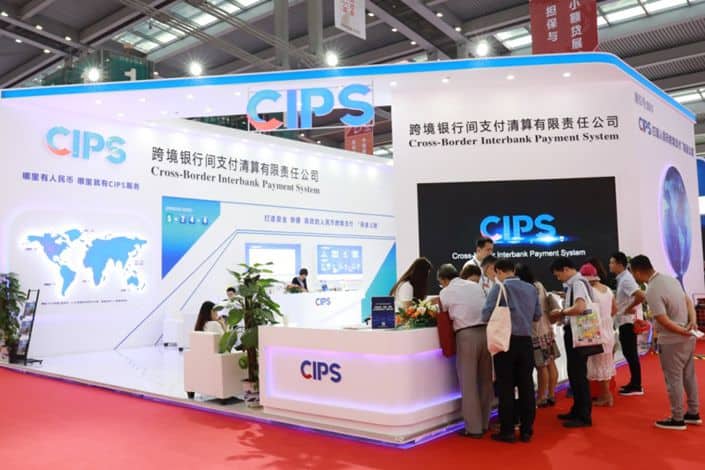
China’s Financial Foil
The severity and speed of the Western world’s sanctions on Russia may be a wake-up call for China, but as Katrina Northrop reports this week, Beijing’s desire to build an alternative infrastructure for global finance still has a long way to go.
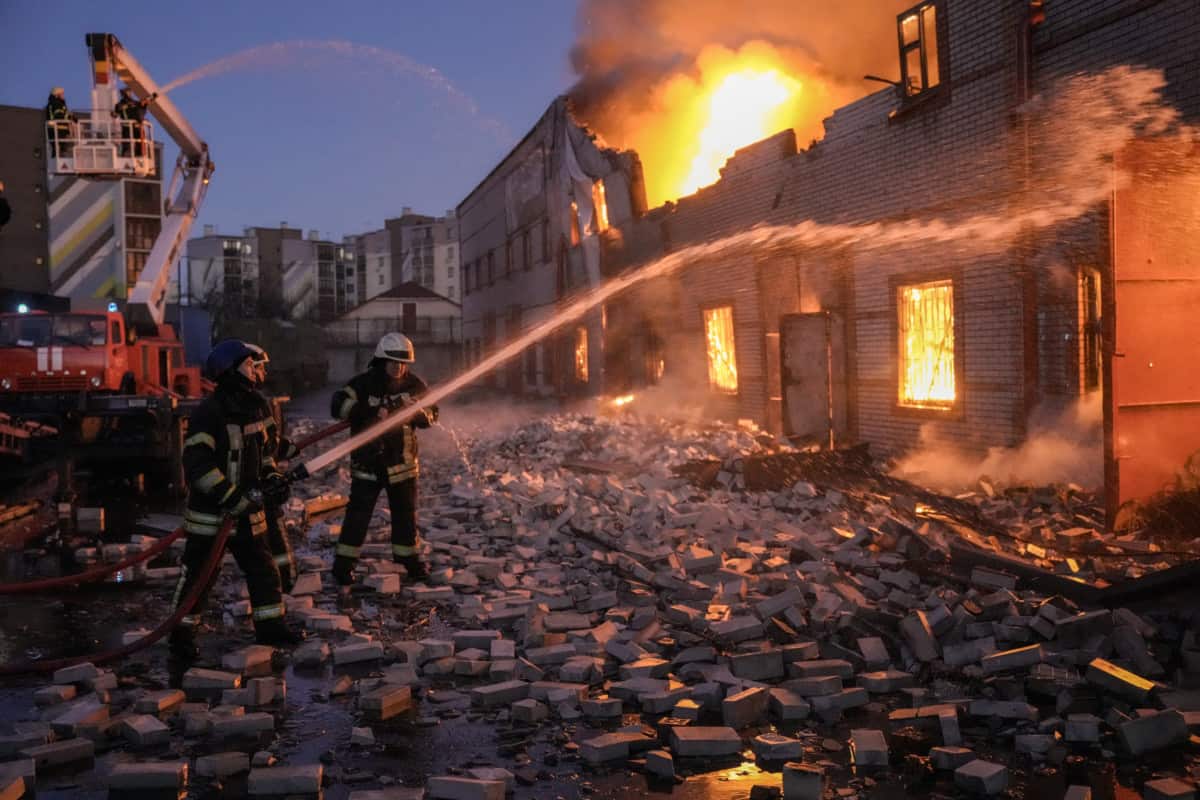
China Can’t Handle the Truth
In an op-ed, Richard Bernstein, a former reporter, culture critic, and foreign correspondent at TIME Magazine and The New York Times, argues that China’s media coverage of the war in Ukraine reveals how the interests of the world’s two most powerful autocratic countries, China and Russia, are aligned against the United States and the West.
Subscribe today for unlimited access, starting at only $19 a month.

